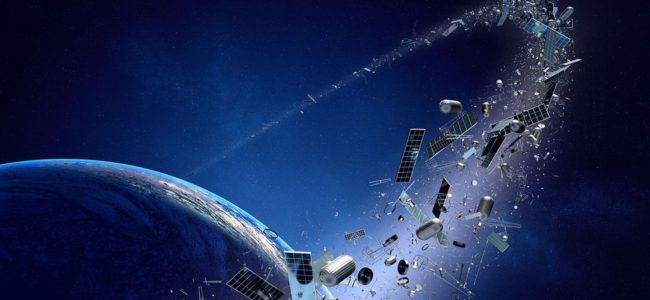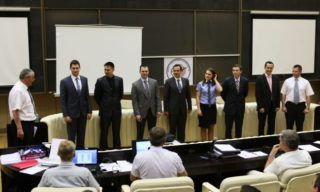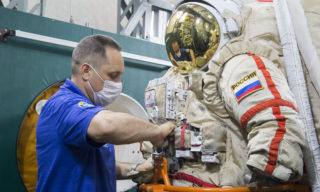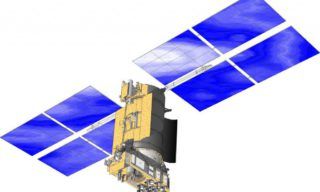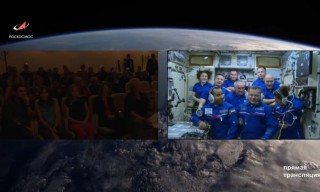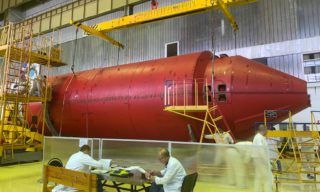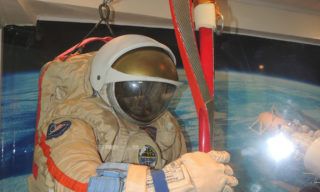The Research and Production Corporation ‘Precision Instruments Systems’ (NPK SPP, part of Roscosmos) and the South African National Space Agency (SANSA) have signed a contract to deploy a Russian space debris detection and measurement complex in South Africa. On behalf of NPK SPP, the contract was signed by Director General Yuri Roy and by CEO Dr. Valanathan Munsami on behalf of SANSA.
The station is designed for automatic detection of spacecraft and space debris objects in low, medium and high near-earth orbits. It is capable to determine their angular coordinates and identify them with objects listed in the database of the complex, and issue the obtained coordinate and non-coordinate information to the data collection and processing center.
The complex implements an autonomous search and detection of objects at altitudes from 120 to 40 thousand kilometers and contains three types of telescopes for various purposes, which, by reflected sunlight, are able to detect space objects and space debris elements with magnitude of up to 18.
The complex in South Africa is the second of four specialized optoelectronic complexes created for the Russian Automated Warning System on Hazardous Situations in Outer Space (ASPOS OKP). The main purpose of ASPOS OKP is to monitor near-earth space and to identify dangerous approaches of operating spacecraft with each other and space debris.
By participating in this project, Russia is expanding cooperation with the BRICS countries in the space sector, as well as international cooperation in ensuring the safety of space activities within the UN Committee on the Peaceful Uses of Outer Space global agenda and the Inter-Agency Coordination Committee on Space Debris.




